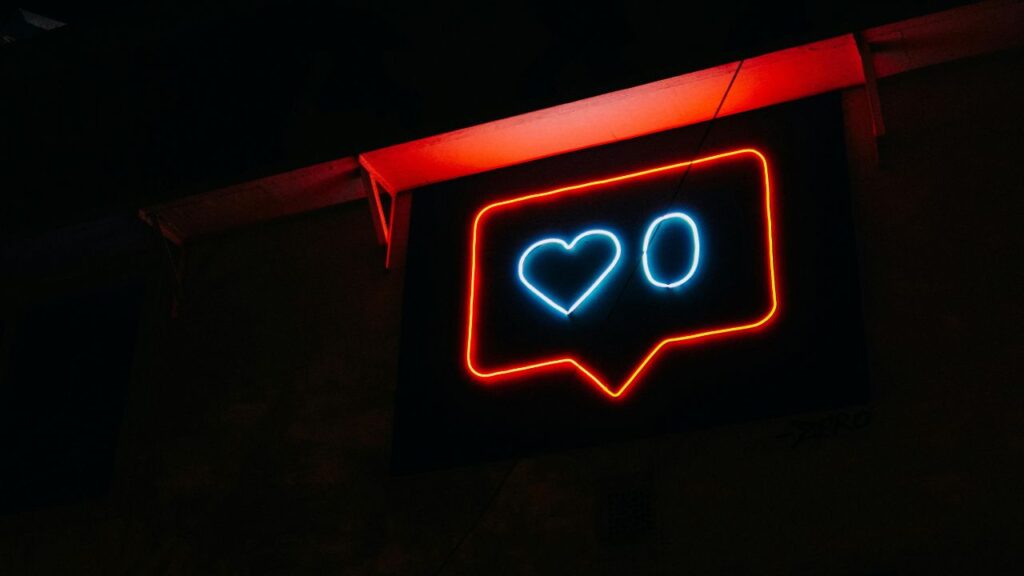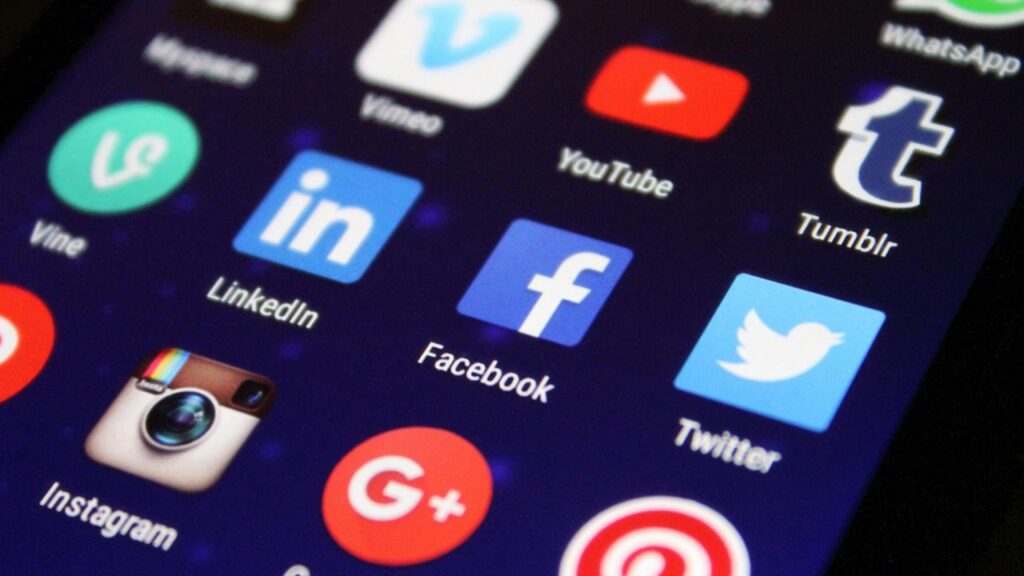In today’s digital age, social media has become an integral part of our daily lives. While these platforms offer numerous benefits, they also present unique challenges for individuals struggling with addiction and those in recovery. This article explores the complex relationship between social media, addiction, and the recovery process.
How Social Media Can Trigger Addictive Behaviors
Social media platforms are designed to be engaging and, in some cases, addictive. Several factors contribute to their potential to trigger addictive behaviors:
- Dopamine release: Social media interactions, such as receiving likes or comments, can trigger dopamine release in the brain, similar to the effects of some addictive substances.
- FOMO (Fear of Missing Out): The constant stream of information can create anxiety and compulsive checking behaviors.
- Escapism: Social media can provide a temporary escape from real-world problems, potentially reinforcing avoidance behaviors.
- Comparison and low self-esteem: Constant exposure to curated lives of others can lead to negative self-comparison and lowered self-esteem, which are risk factors for addiction.
Their Role in Spreading Misinformation About Substances
While social media can be a source of valuable information, it also facilitates the spread of misinformation about drugs and alcohol:
- Glorification of substance use: Some social media content may romanticize or normalize drug and alcohol use.
- Unverified claims: Misleading information about the effects or safety of certain substances can spread rapidly.
- DIY remedies: Potentially dangerous home detox methods or unproven addiction treatments may be shared without proper medical context.
- Drug sourcing: Social media platforms can sometimes be used to source illegal substances, posing risks to vulnerable individuals.
The Potential of Social Media as a Recovery Support Tool
Despite its challenges, social media also offers unique opportunities to support recovery:
- Online support communities: Recovery-focused groups on social media platforms can provide 24/7 peer support.
- Access to resources: Social media can connect individuals with recovery resources, treatment options, and educational materials.
- Accountability: Some individuals use social media to share their recovery milestones, fostering accountability and celebration of progress.
- Teletherapy connections: Social media can facilitate connections with addiction professionals offering teletherapy services.
Managing Social Media Use in Recovery
For those in recovery, mindful use of social media is crucial. Here are some strategies to maintain a healthy relationship with these platforms:
- Set boundaries: Establish specific times for social media use and stick to them.
- Curate your feed: Unfollow or mute accounts that may trigger cravings or negative emotions.
- Use blocking tools: Utilize app-blocking or screen-time limiting tools to manage usage.
- Practice mindfulness: Be aware of your emotional state when using social media and how it affects you.
- Engage purposefully: Focus on using social media for positive connections and recovery support rather than mindless scrolling.

The Impact of Social Media on Mental Health and Addiction
The relationship between social media, mental health, and addiction is complex:
- Depression and anxiety: Excessive social media use has been linked to increased rates of depression and anxiety, which can exacerbate addiction issues.
- Sleep disruption: Late-night social media use can disrupt sleep patterns, potentially impacting recovery efforts.
- Social isolation: While social media can connect people, it can also lead to decreased face-to-face interactions, potentially contributing to feelings of loneliness.
- Cyberbullying: Online harassment can significantly impact mental health and potentially trigger substance use as a coping mechanism.
How The Bluffs Addresses These Challenges in Addiction Treatment
At The Bluffs Addiction Campuses, we recognize the significant role that social media plays in the lives of many individuals struggling with addiction. Our comprehensive treatment approach may include:
- Digital detox periods: Breaks from social media to help clients refocus on recovery.
- Coping skills development: Teaching alternative coping mechanisms to replace social media dependence.
- Dual diagnosis treatment: Addressing co-occurring mental health issues that may be exacerbated by social media use.
- Family education: Helping families understand the impact of social media on recovery and how to support their loved ones.
Understanding the complex relationship between social media, addiction, and recovery is crucial in today’s digital world. While social media presents challenges, it also offers opportunities for support and connection when used mindfully.
If you or a loved one is struggling with addiction and the impacts of social media use, The Bluffs is here to help. Contact us today at 330-919-9228 to learn more about our specialized treatment programs that address modern challenges in addiction recovery.







